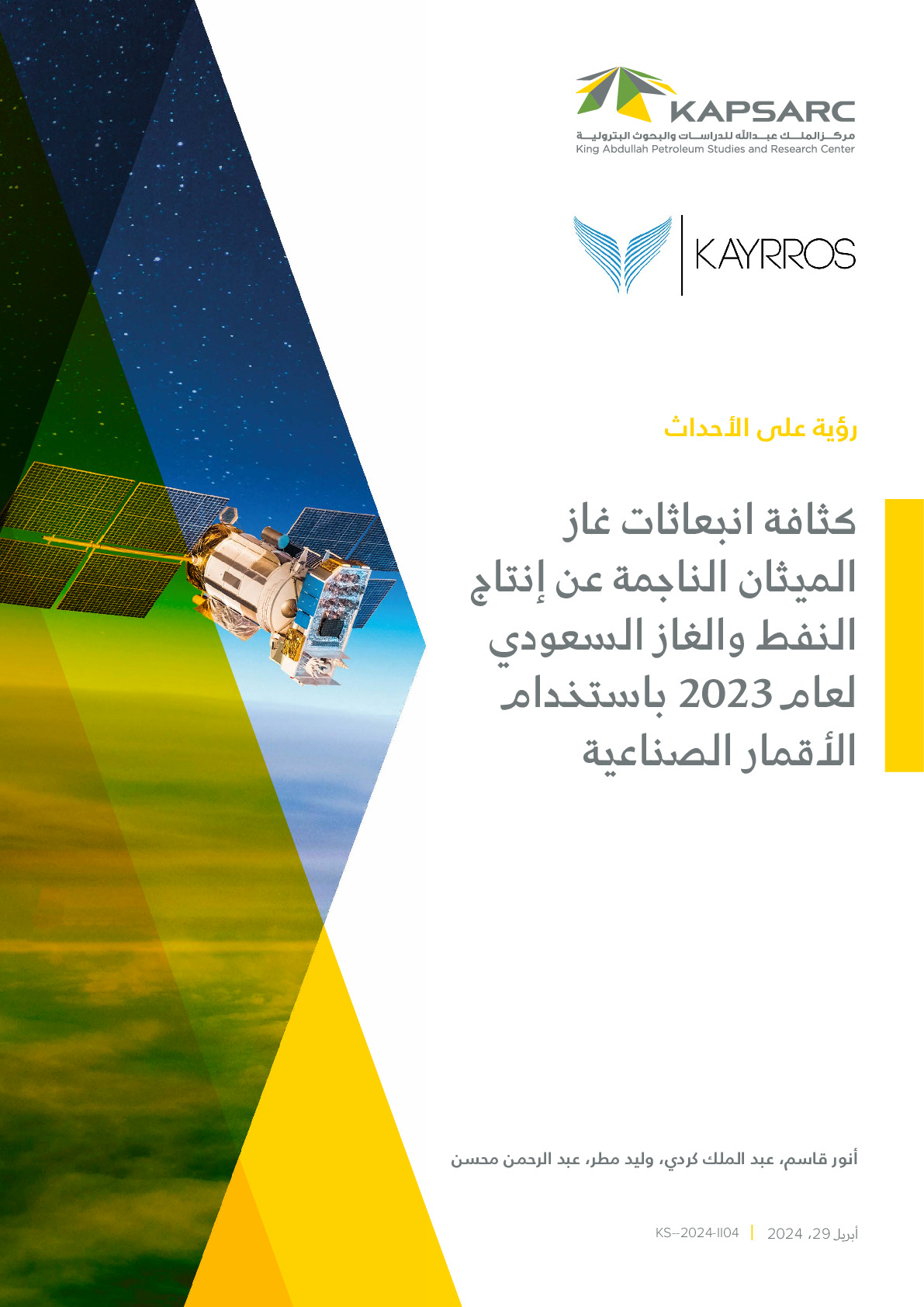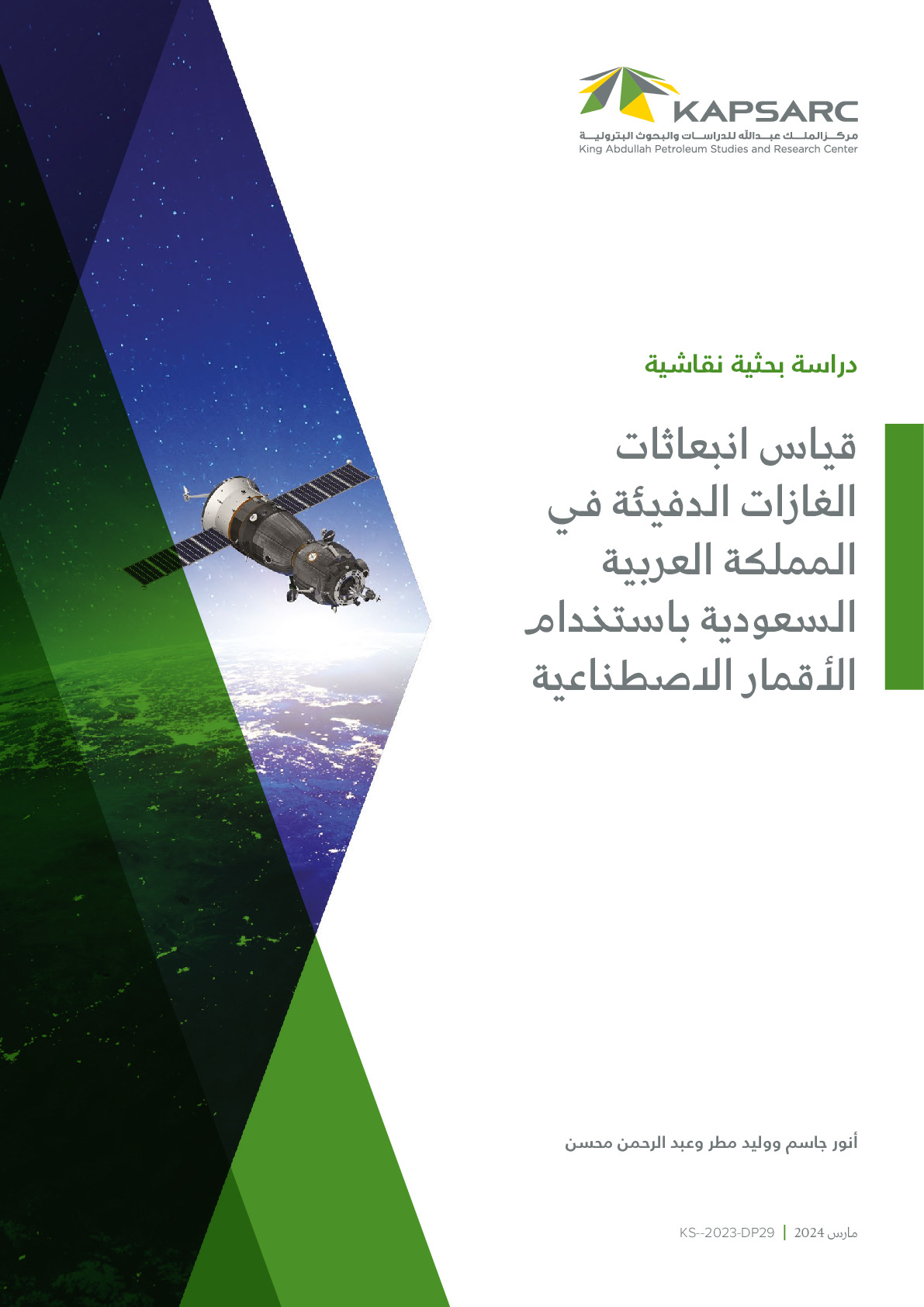In global discussions aimed at limiting greenhouse gas emissions, the national targets set by governments are tied to the energy used or emissions generated within national borders. However, international trade can confuse the accounting. Moving a factory across the border does not change the total emissions, only the country to which they are attributed. Because of this, there is a growing consensus that the embodied emissions in international trade may undermine efforts to mitigate climate change. This has led to a number of studies that investigate the embodied emissions in international trade. Their findings have consistently demonstrated that industrialized countries tend to be net importers of embodied energy and emissions, while developing countries tend to be net exporters. It is often assumed that the industrialized countries have “offshored” energy intensive industries to developing countries, which in turn have specialized in energy intensive production. Some countries have started to adopt national targets around energy productivity, an indicator that links energy use to gross domestic product. Energy productivity has recently gained increased interest because it accommodates economic growth, is conceptually tied to energy efficiency – seen by policymakers as a low cost solution to limiting emissions – and focuses attention on how to maximize the welfare extracted from the energy system. We examine the issue of offshoring and specialization through the lens of embodied energy. First, we calculate the embodied energy in the net exports of 41 economies. We then decompose the embodied energy in net exports for each economy into three effects – intensity, specialization, and the trade balance – to reveal why each economy is a net exporter or importer of embodied energy.

زميل باحث ثاني خبير اقتصادي في مجال الطاقة والبيئة يتمتع بخلفية هندسية، ويملك أكثر من عقد من الخبرة البحثية والاستشارية حول مجالات الطلب… خبير اقتصادي في مجال الطاقة والبيئة يتمتع بخلفية هندسية، ويملك أكثر من عقد من الخبرة البحثية والاستشارية حول مجالات الطلب على الطاقة وانبعاثات الغازات الدفيئة وإصلاح أسعار الطاقة وتسعير الكربون. ويقود حاليًا فرقًا متعددة الوظائف في المشاريع الرئيسة التي تتناول هذه المجالات، ولديه سجل حافل من نشر البحوث ذات التأثير العالي، وتقديم الخدمات الاستشارية لصانعي السياسات، وبناء القدرات داخل المنظمة. نُشرت بحوثه في المجلات الرائدة في مجالي الطاقة والبيئة واختارتها وسائل الإعلام الرائدة. كما يملك خبرة في تحول المنظمات، إذ كان عضوًا في فرق العمل المسؤولة عن تحديث الإستراتيجية التنظيمية وبناء رأس المال البشري. وهو ينهي حاليًا درجة الدكتوراه من كلية لندن الجامعية في الموارد المستدامة (مع تخصص فرعي في الاقتصاد). وهو حاصل على درجة الماجستير في الهندسة الكهربائية من جامعة الملك عبد الله للعلوم والتقنية (كاوست)، ودرجة البكالوريوس في هندسة الإلكترونيات والاتصالات من جامعة ليفربول.
الخبرات
- إصلاح أسعار الطاقة، الطلب على الطاقة، قياس انبعاثات الغازات الدفيئة، تسعير الكربون، أسواق الكربون
الإصدارات عرض جميع الإصدارات أنور قاسم

كثافة انبعاثات غاز الميثان الناجمة عن إنتاج النفط والغاز السعودي لعام 2023 باستخدام الأقمار الصناعية
In global discussions aimed at limiting greenhouse gas emissions, the national targets set by governments…
28th أبريل 2024
قياس انبعاثات الغازات الدفيئة في المملكة العربية السعودية باستخدام الأقمار الاصطناعية
In global discussions aimed at limiting greenhouse gas emissions, the national targets set by governments…
7th ديسمبر 2023
